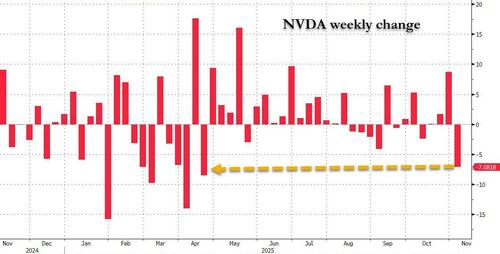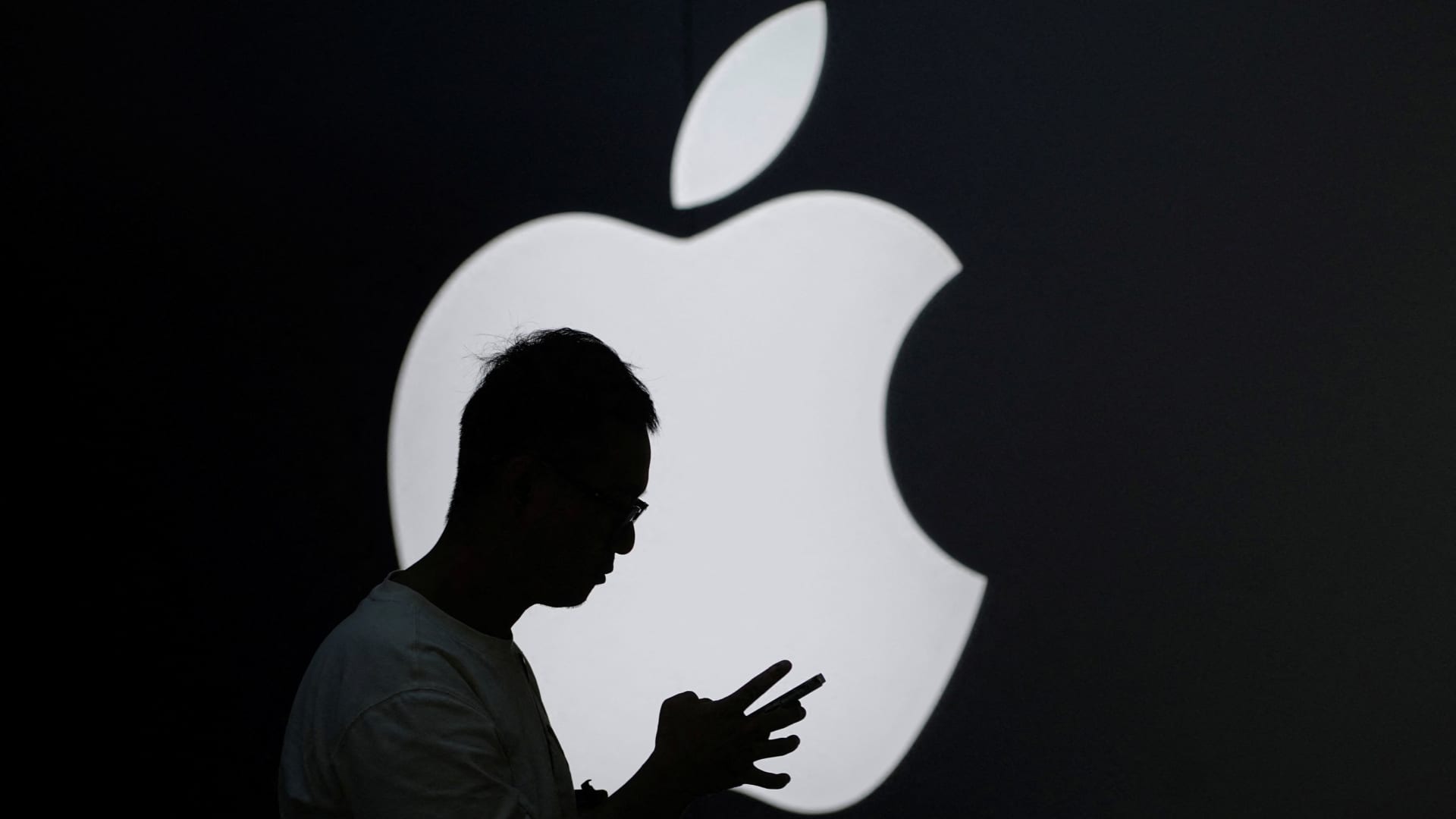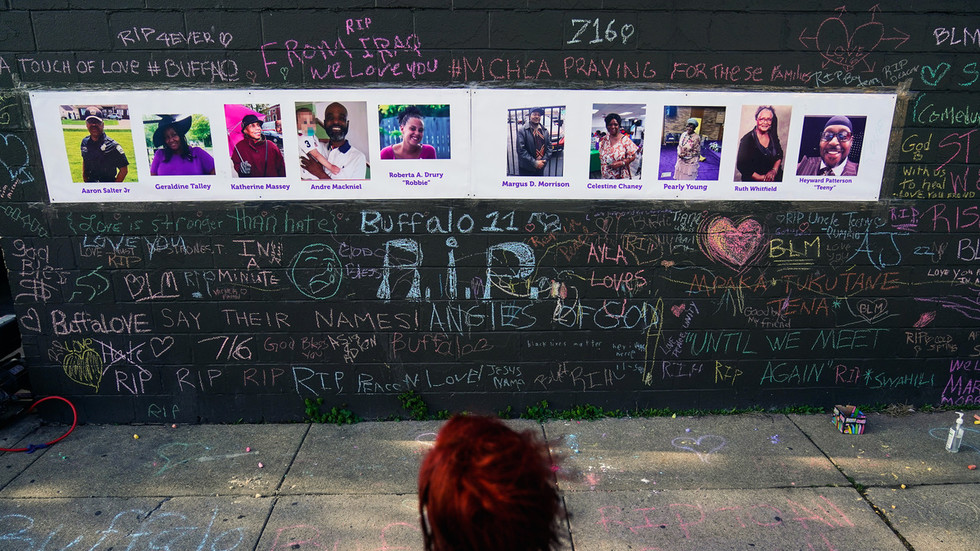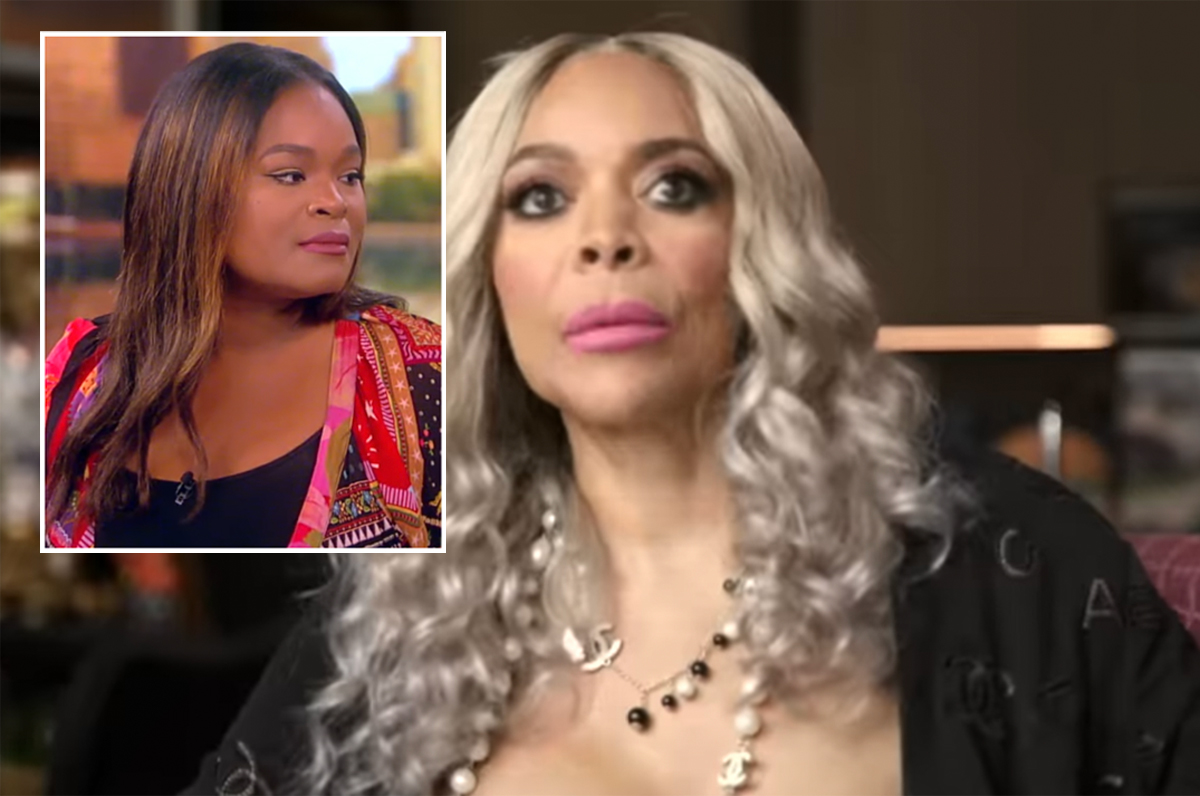In his famous “I am an African” speech, former president Thabo Mbeki said:
“I owe my being to the Khoi and the San whose desolate souls haunt the great expanses of the beautiful Cape, they who fell victim to the most merciless genocide our native land has ever seen, they who were the first to lose their lives in the struggle to defend our freedom and independence and they who, as a people, perished in the result.
“Today, as a country, we keep an audible silence about these ancestors of the generations that live, fearful to admit the horror of a former deed, seeking to obliterate from our memories a cruel occurrence which, in its remembering, should teach us not and never to be inhuman again.
“I am formed of the migrants who left Europe to find a new home on our native land. Whatever their own actions, they remain still, part of me…
“I have seen our country torn asunder as these, all of whom are my people, engaged one another in a titanic battle; the one to redress a wrong that had been caused by one to another and the other, to defend the indefensible.
“I have seen what happens when one person has superiority of force over another, when the stronger appropriate to themselves the prerogative even to annul the injunction that God created all men and women in His image.
“I know what it signifies when race and colour are used to determine who is human and who subhuman…
“I have experience of the situation in which race and colour is used to enrich some and impoverish the rest…
“I have seen concrete expression of the denial of the dignity of a human being emanating from the conscious, systemic and systematic oppressive and repressive activities of other human beings…
“Because of that, I am also able to state this fundamental truth that I am born of a people who are heroes and heroines.
“I am born of a people who would not tolerate oppression.
“I am of a nation that would not allow that fear of death, torture, imprisonment, exile or persecution should result in the perpetuation of injustice…
“I am an African!”
With these words, Mbeki reveals that our identity is complex, made up of people of Africa as well as migrants who left Europe to find a home in Africa.
He acknowledges we share a cruel and painful past, perpetrated by us on each other, but through it all we are triumphant because of the refusal to let our pain and fear define us.
The Black Management Forum held its 47th year anniversary annual policy conference last Friday, during which its members reflected on the next level of black economic empowerment.
The non-governmental organisation AfriForum were invited to speak on a panel with lobby group Black Forum South Africa. These two organisations are seen as polar opposites; one radically representing Afrikaners, the other black Africans.
As I listened to their arguments, both motivated by love for their people, but fuelled by different emotions – pride, fear and a need for independence from AfriForum, and pain and anger for the continued injustices done against black Africans from Black Forum South Africa – I was reminded of this speech by the former president.
A speech that attempted to make sense of our complex identity. I wondered how a people with such a complex history that continues into the present may ever find peace with each other, and acceptance for the shared space we find ourselves in, and love for this land that we have chosen as our home.
AfriForum stated that as Afrikaners they have nothing against the empowerment of black South Africans, but they are against a policy that uses race to exclude others from accessing opportunities.
They are in support of building afresh and growing the economic pie by creating new companies to share opportunities, instead of fighting to share in old companies that are outdated and not helping to grow the economy.
Their proposed growth solution is premised on self-reliance and community development, instead of placing too much reliance on the state to advance development.
Black Forum South Africa challenged us black Africans, saying we are not angry enough because we continue to be apologetic about our development and want to accommodate unapologetic people who continue to perpetrate atrocities against black Africans.
Those who live and work on farms in particular, who do not know freedom and the benefits of the 20 years of black economic empowerment.
Both organisations are not wrong, they simply reflect the complex realities of our country, which the next level black economic empowerment model ought to consider if we agree that we have a shared identity as Africans.
Who are Afrikaners anyway…?
Dr Sibongile Vilakazi is the president of the Black Management Forum.
BUSINESS REPORT
















